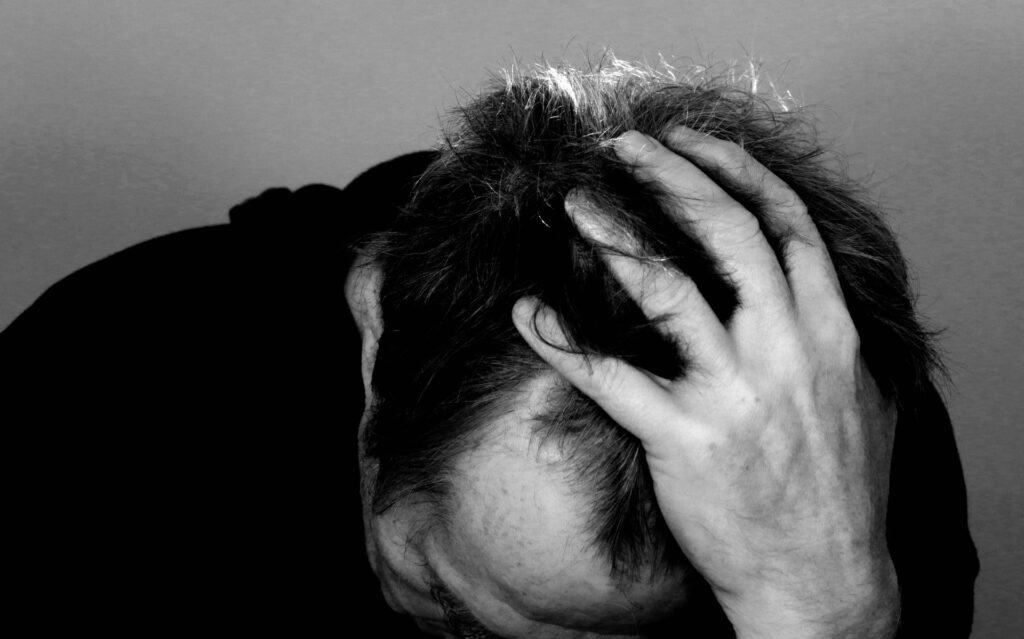Peer pressure, mental fatigue, and other factors can lead people of all ages to depression. It’s a frightening reality that requires greater awareness and intervention from friends and relatives. Yet, in many cases, loved ones don’t recognize the signs of depression or do anything to help those in need. This often leads to what is known as the silent crisis – when friends and family unwittingly contribute to a person’s suffering due to their inaction. With this article, we will discuss what we mean by the silent crisis and how it can be addressed.
When struggling with depression, they may put up walls that block any emotional support from their loved ones. As a result, friends and family may be unable to spot the symptoms associated with depression—such as social isolation, changes in appetite or sleeping patterns, and speech patterns—and think nothing of their loved one’s distress. Therefore these individuals might miss out on providing crucial emotional support when it’s needed most without even realizing it.
– Depression can manifest itself in many ways, and people close to the person may be oblivious to the signs.
– Warning signs include withdrawal, avoiding activities & people, risky behaviour, mood swings, and intense sadness/hopelessness.
– Friends & relatives must strive to spot these signs to intervene and give emotional support before the situation escalates.
It’s important for those close to someone experiencing depression to make an effort to recognize the warning signs that someone may be struggling with the condition. This could involve paying closer attention to changes in eating habits or behaviour patterns like withdrawing from social activities or neglecting responsibilities such as schoolwork or tasks at work. Also, watch out for expressions of guilt or worthlessness, as well as extreme mood swings.

1. Withdrawal
When a person is going through a difficult time, one of the critical signs to look for is if they become increasingly withdrawn from friends and family. They may not want to talk about what’s troubling them or may stay away from social situations to cope. If this seems to be ongoing, it’s essential to try and start a conversation about why their behaviour has changed.
2. Avoidance
Avoidance can be a very telling sign that someone might be struggling. Whether it’s avoiding certain places or people because of feelings of guilt or shame, if someone you know suddenly stops attending events they used to enjoy, it could be a clear sign that they are having difficulties coping with whatever is going on behind the scenes.
3. Unusual/risk-taking behaviour
Suppose someone had been relatively risk-averse in the past and suddenly starts engaging in unusually risky behaviour such as extreme sports or partaking in drug/alcohol abuse. In that case, this could be an indicator of psychological distress, anxiety or other mental health issues which need addressing. Risky behaviours should always be taken seriously and could present an opportunity for starting tough conversations with our loved ones.
4. Mood swings
Those suffering from depression may quickly lose control of their emotions more frequently than before, experiencing sudden onset mood swings, which can cause stormy relationships between those closest to them. Reaching out during these episodes can provide help to those who may not have the courage to ask for it; practical tips include facing up to your friend/relative’s difficult emotions by talking through how they are feeling instead of shying away from the topic – though we recommend steering clear of advice based solutions.
5. Intense sadness and hopelessness
Depression can wreak havoc on anyone’s mental well-being but often manifests as fatigue and loss of energy as well as speech patterns pivoting towards nihilism or even despair, so keep your ears open for any changes in tone during conversations; internally focusing comments within conversations regarding lack self-worth which appear irreplaceable should set alarm bells ringing within relationships which could prevent a dangerous spiral into deeper anguish and regret when addressed long before they progress further down the line into major clinical symptoms requiring therapeutic interventions
Moreover, if it’s possible could also reach out regularly by calling or sending texts to stay connected and show them you care about what’s going on in their life more deeply than usual so they can feel secure in your presence during difficult times.
If you feel comfortable doing so, talking about mental health openly and directly is also a great way to show someone you care for them if they are struggling—sometimes something as simple as reassuring someone that you are willing to listen whenever they need to talk can make a world of difference (but never underestimate how hard this conversation might be).
Finally, join forces with relatives, friends or colleagues who are concerned about the same individual–this can provide additional means of support such as running errands together, shopping together etc., which not only serves him/her but can lighten the workload on everyone else too since helping each other is often much easier than emotionally pouring oneself into helping one person alone throughout trying times
In total, understanding how psychological ailments manifest among peers is key–only once we understand what another person is going through can we genuinely begin learning how best to respond and provide assistance for them during periods of hardship.
In conclusion, when family and friends miss the signs of mental distress in someone they care about, it can have devastating consequences. As a society, we must learn to recognize the signs of mental illness and develop better ways of communicating with those struggling. We must break down the stigma surrounding mental health, offer assistance to those who need it most, and start talking about this silent crisis. Together, we can ensure no one has to suffer in silence.



